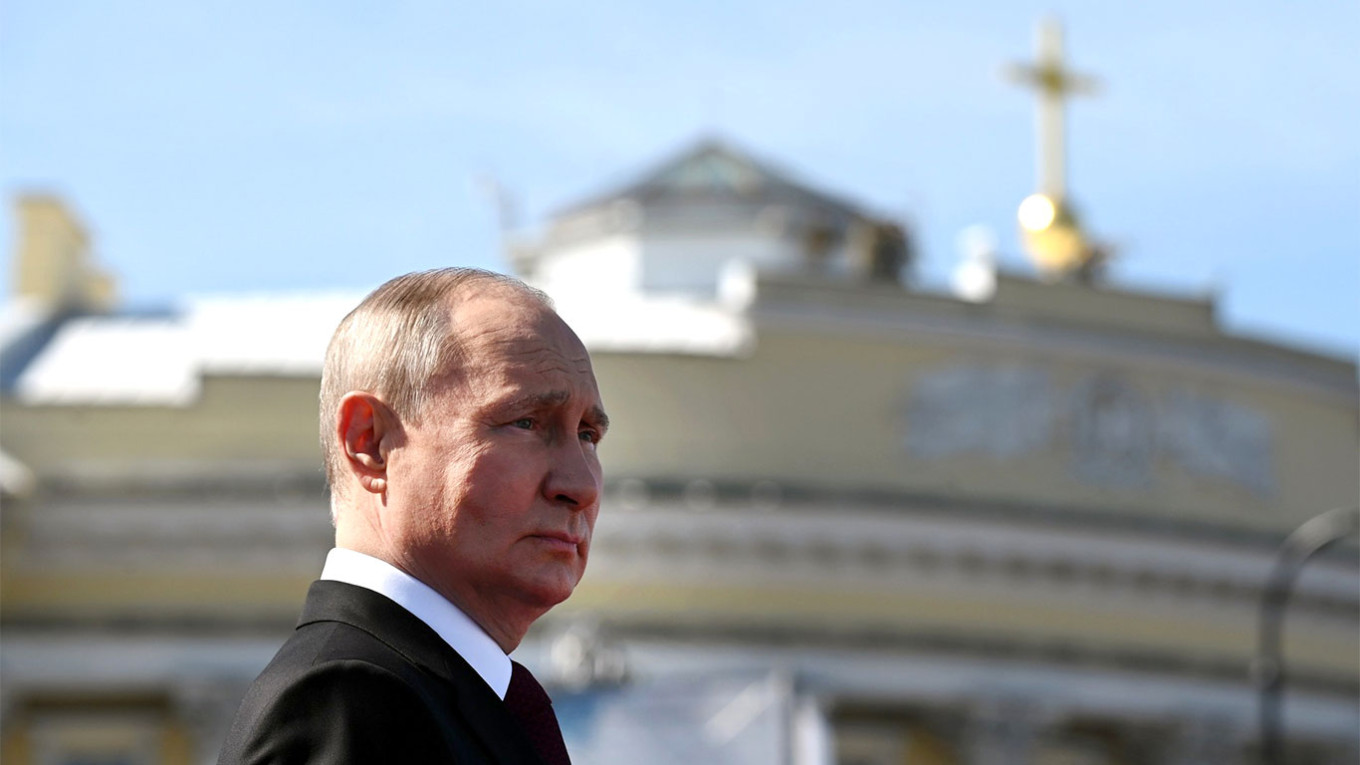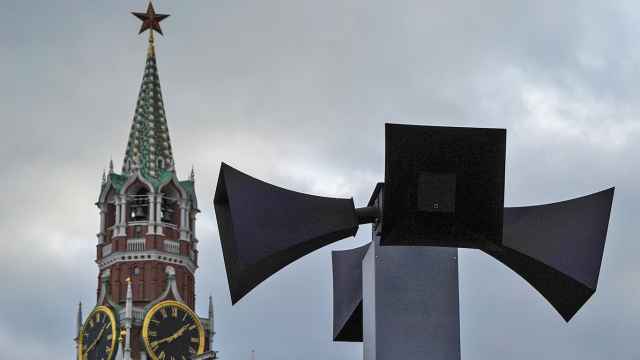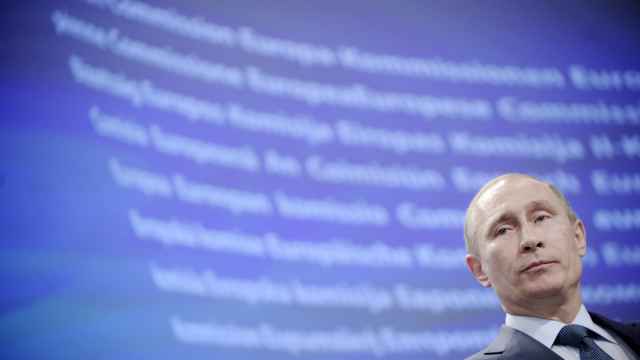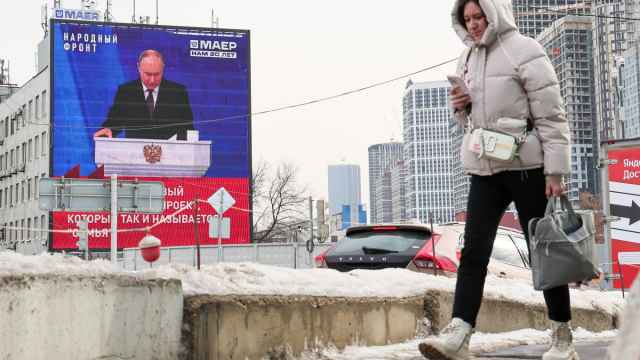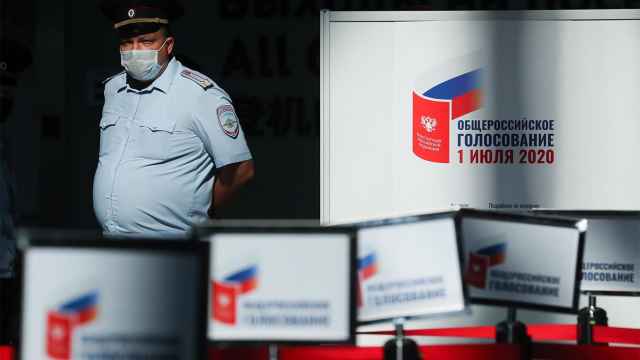President Vladimir Putin is working to silence his most vocal pro-war nationalist critics on the eve of this fall’s regional elections and the 2024 presidential election in which he is expected to seek six more years in power.
Following the Wagner mutiny, which posed the biggest threat yet to Putin’s 23-year rule, the Kremlin now seeks to deploy the same tactics it used to crush Russia’s liberal opposition against prominent far-right “patriots” to mitigate its political risks, three Russian officials told The Moscow Times on condition of anonymity.
“Roughly speaking, our main enemies at the moment are the patriots, as the liberals used to be,” an official in the presidential administration told The Moscow Times.
Since the start of the war, the Kremlin has counted pro-war hawks, imperialists and Russian nationalists — commonly known as the “party of war” — as its main source of public backing, giving them free rein to critique the military's handling of the war.
But these figures have now become the main threat to Putin’s regime, as the Wagner rebellion proved, as they amassed large followings of their own.
After muzzling Wagner mercenary leader Yevgeny Prigozhin, the Kremlin set its sights on Igor Girkin, a former FSB colonel and ex-commander of separatists in eastern Ukraine who has regularly called for harsher military tactics in Ukraine.
Girkin was arrested in late July on criminal charges of “publicly inciting extremism” days after he called for Putin to step down, telling his 800,000 subscribers that “the country will not survive another six years in power of this cowardly mediocrity.”
“The Kremlin administration got f***king annoyed with Strelkov,” a source close to the Kremlin told The Moscow Times. “They need a patriotic movement, but only one that speaks out in favor of [Putin]. Forms of patriotism that imply a change to the state system are not valued by this system.”
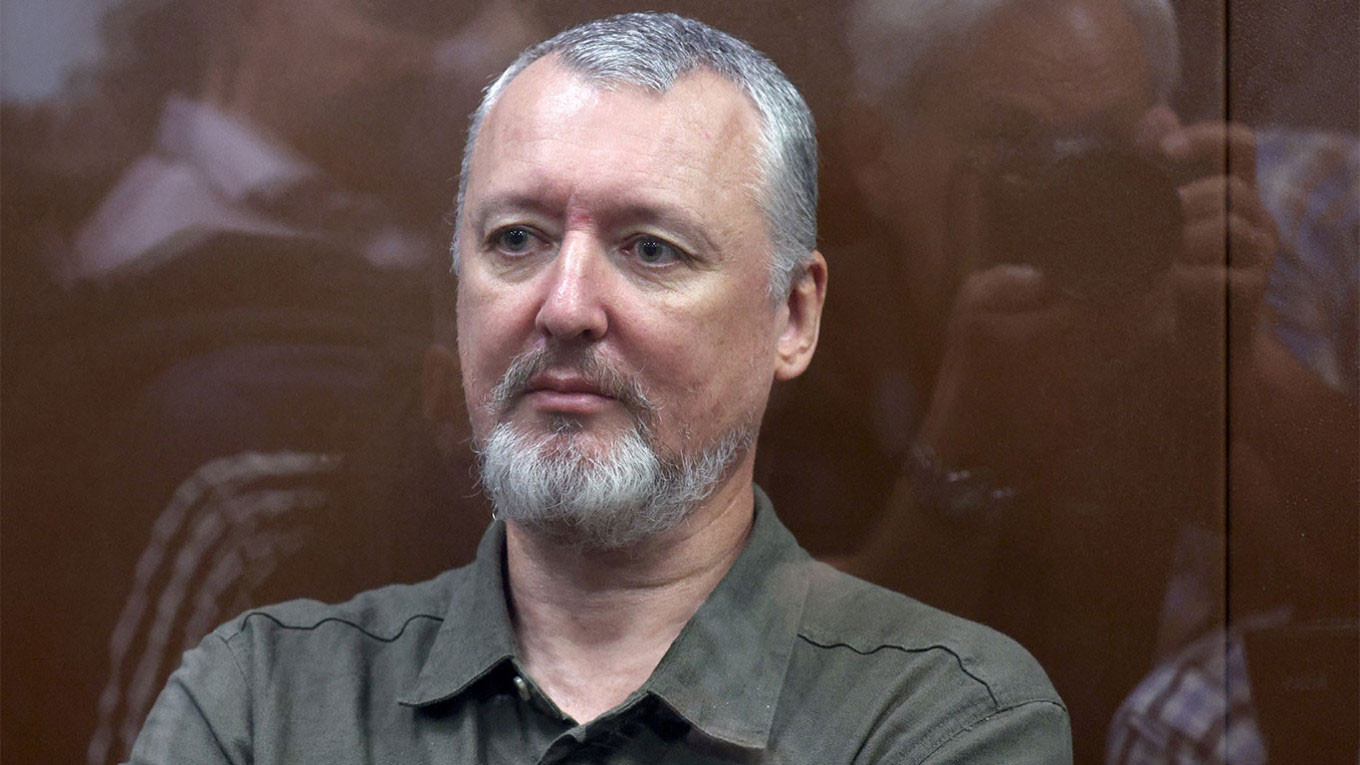
The targeting of these pro-war hawks comes as the Kremlin aims to retain loyal leaders in at least one-quarter of Russia's 89 federal subjects (a figure that includes Russia's regions, plus annexed Crimea, Sevastopol and four occupied Ukrainian regions) in next month’s regional elections.
Among these are the capital Moscow and the surrounding Moscow region, which have faced increasingly frequent drone attacks; the Voronezh region, which has reported regular cross-border attacks; the protesting regions of Sakha and Khakasia in Siberia and Primorye in the Far East; and the four Ukrainian regions it claims to have annexed.
Before and immediately after the February 2022 invasion of Ukraine, the Kremlin jailed or forced out all liberal opposition figures and the independent press, removing any source of public dissent against the war.
As Putin's plans for a swift takeover of Kyiv failed, the Kremlin was forced to grant more resources and freedom to the war’s most hardline backers to keep up domestic support for the war, Oleg Ignatov, a senior analyst at International Crisis Group, told The Moscow Times.
“In the conditions of a long war, which Putin did not prepare for, it is impossible without them,” Ignatov said. “Because it is hard not only to mobilize society without them, but also to maintain public tolerance for this war. The regime needs them to lean on.”
At the same time, the Kremlin sought to rally the bureaucracy and society behind its invasion and annexation of four Ukrainian regions. Grassroots patriotic volunteer movements were awarded state grants, while officials and politicians assisting the army and working in the occupied territories were given promotions.
The longer Putin's army failed to achieve victory, the louder and harsher the criticism of the Kremlin and the military became from the right — more precisely, from the conservative, patriotic flank that called for more extreme action in Ukraine.
But unlike the liberal opposition, which was all but eliminated, the war’s ideological supporters from the patriotic flank had the infrastructure, media visibility and the ability to freely express their views, even those critical of the Russian authorities.
All of this emerged with the consent or even the support of the Kremlin, which was interested in platforming those in favor of war — but not if it came with criticism of the Kremlin itself.
Both Strelkov and Prigozhin have separately expressed this discontent. The danger for the Kremlin is that their criticism has begun to reach out to a broader segment of the population, including the army itself, the security forces and just ordinary people, and has been overheard, Ignatov said.
“Strelkov had already even moved on to personal insults of Putin. If the authorities didn't punish him, others would realize that it's possible to do so and start criticizing him as well. The Kremlin simply couldn't allow this,” Ignatov said.
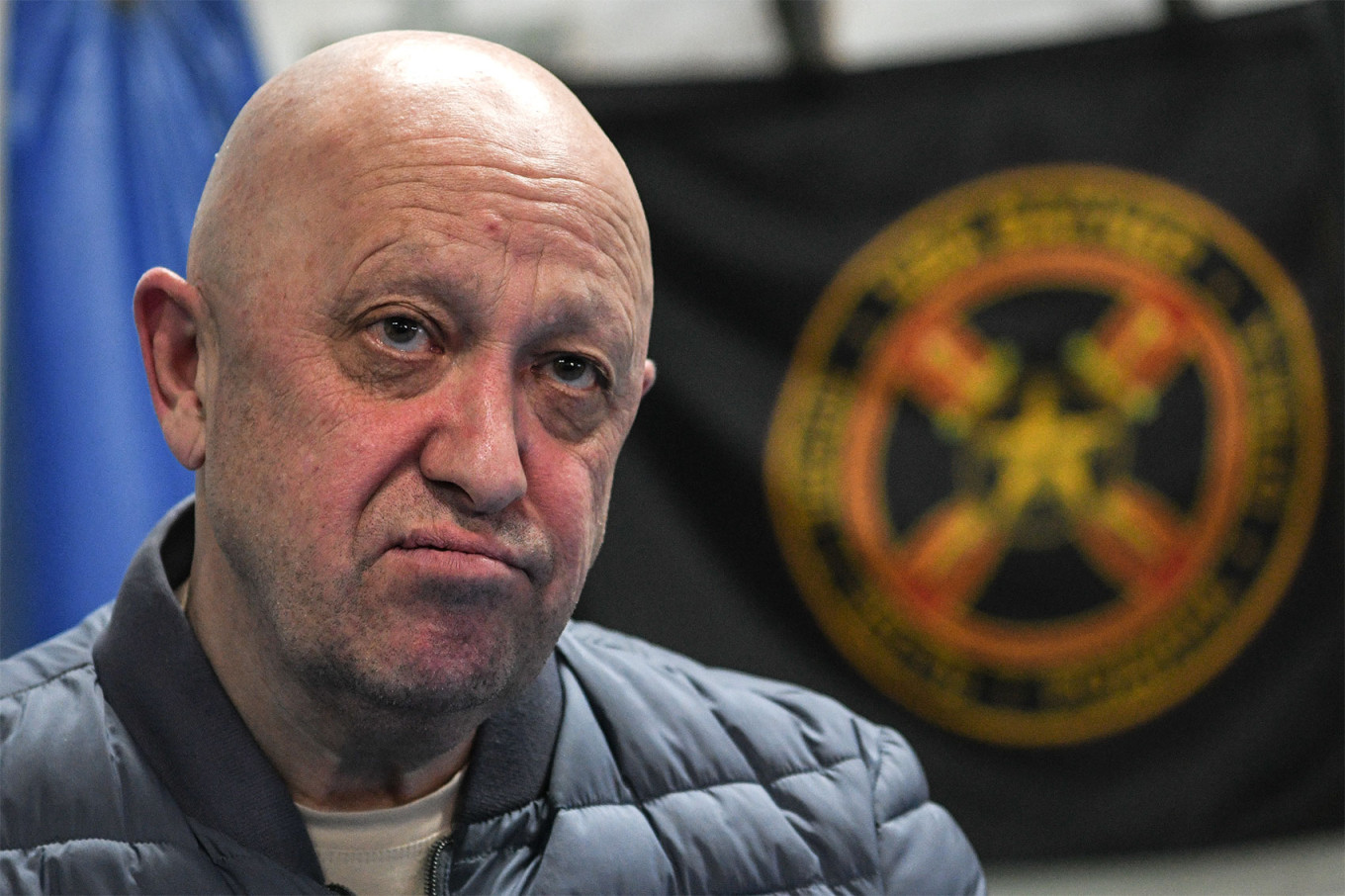
The Kremlin’s silencing of Strelkov and Prigozhin “undeniably serves the interests” of Russia’s Defense Ministry and its top brass, who had been the two men’s main targets, according to independent Russian political expert Tatiana Stanovaya.
However, “it's unlikely that there will be massive repressions against 'angry patriots,' but the most vehement dissenters may face prosecution, serving as a cautionary tale for others,” Stanovaya wrote in a Telegram post.
Since the early 1990s, the Kremlin has always tried to keep conservative political circles — nationalists, supporters of the Russian Empire, Stalinists, radical Orthodox believers and other fringe movements — under its control. For years, these groups were represented in Russian politics by the far-right Liberal Democratic Party (LDPR), with the Communist Party also receiving a share of these groups' votes.
However, after 2014, when the Kremlin annexed Crimea and backed separatists in eastern Ukraine, Putin worked to paint himself as the main voice of Russia's greatness and strength and the protector of Russians.
Today, as a result, no amount of support for the war can guarantee one’s security if one has hundreds of thousands of followers and criticizes Putin.
"Being jailed like Navalny or killed like Nemtsov is the fate of any person taking an active role in Russia's political space under our current boss," a longtime Russian government official said.
A Message from The Moscow Times:
Dear readers,
We are facing unprecedented challenges. Russia's Prosecutor General's Office has designated The Moscow Times as an "undesirable" organization, criminalizing our work and putting our staff at risk of prosecution. This follows our earlier unjust labeling as a "foreign agent."
These actions are direct attempts to silence independent journalism in Russia. The authorities claim our work "discredits the decisions of the Russian leadership." We see things differently: we strive to provide accurate, unbiased reporting on Russia.
We, the journalists of The Moscow Times, refuse to be silenced. But to continue our work, we need your help.
Your support, no matter how small, makes a world of difference. If you can, please support us monthly starting from just $2. It's quick to set up, and every contribution makes a significant impact.
By supporting The Moscow Times, you're defending open, independent journalism in the face of repression. Thank you for standing with us.
Remind me later.



